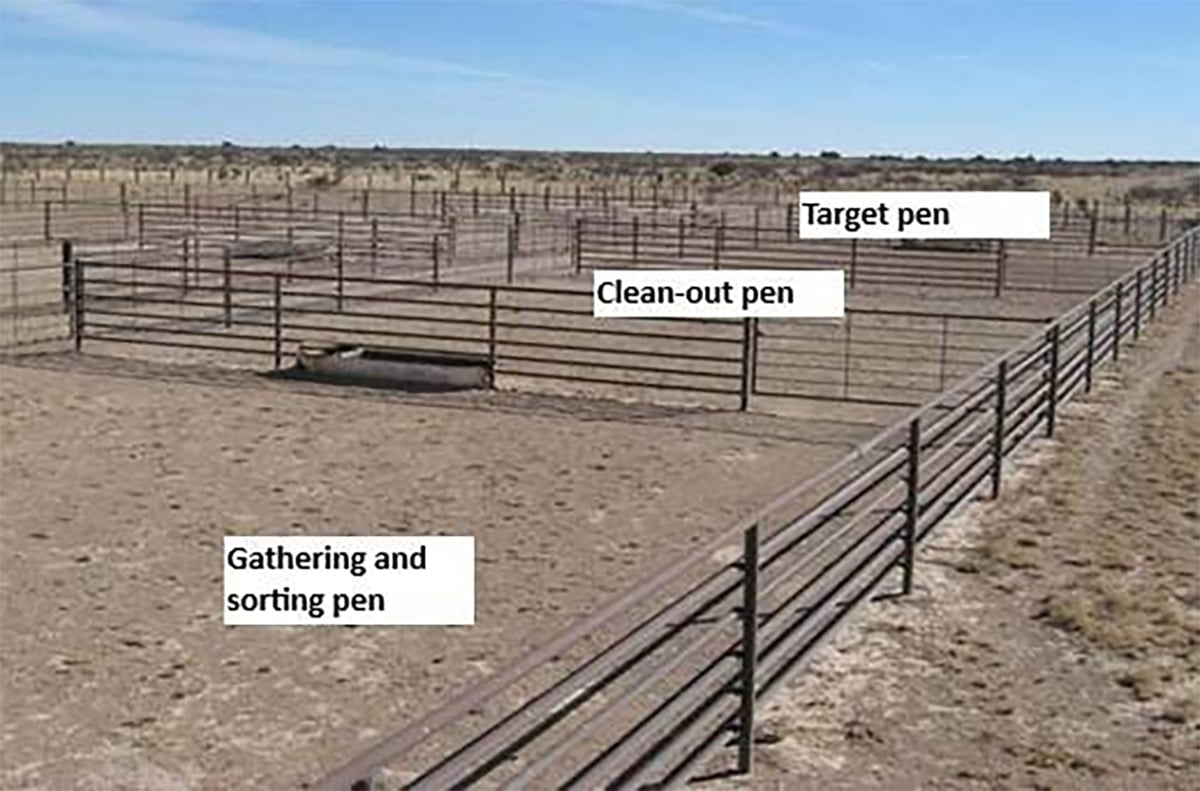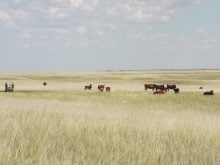Donkeys are not small horses. These long-eared equids have their own unique biology, which includes differing health conditions. One key way donkeys differ from horses is the types of tumours they develop.
These differences were highlighted by a 2016 study published in the Journal of Veterinary Diagnostic Investigation by Dr. Corrine Davis and colleagues.
The researchers analyzed the records of five veterinary schools in Canada and the United States to identify cancer and tumours among donkeys. They pored over the records of 357 donkeys.
The cases were either submitted to diagnostic laboratories for complete autopsy examination to determine cause of death or were tissue biopsies submitted by veterinarians to identify the type of a swelling or mass. Among this sample, about one-third of all donkeys had some type of tumour.
Read Also

Teamwork and well-designed handling systems part of safely working cattle
When moving cattle, the safety of handlers, their team and their animals all boils down to three things: the cattle, the handling system and the behaviour of the team.
The most common tumour in this group was sarcoids of the skin. In total, 91 donkeys had this tumour, which represented 72 percent of all tumours. This result is similar to horses, since sarcoids are the most common skin tumour to affect this species.
Sarcoids occur as single or multiple skin masses that frequently ulcerate and bleed. These common skin tumours are thought to be caused by bovine papillomavirus infection in both donkeys and horses.
Treatment may include surgery to remove the mass and supplemental therapy to modify the immune system and/or freeze the affected tissues.
Although these skin tumours rarely spread to other organs, they can aggressively invade surrounding tissues and interfere with movement and tack placement.
In this study, the average age of diagnosis was seven years old, although younger and older donkeys were also affected. The majority of sarcoids developed on the head and roughly half were near the eyes.
In male donkeys, sarcoids were also frequently found in the groin regions. Male donkeys were also more likely to have sarcoids compared to females.
The tendency for male donkeys to develop groin sarcoids differs from horses and is an important result. Donkey owners should include checks of the groin skin for tumours in their routine grooming and physical exams.
Researchers also identified several other types of skin tumours, while tumours of the gastrointestinal tract and liver were rare and tended to affect older donkeys.
Another key result of this study is that donkeys appear to be resistant to some types of tumours that commonly affect horses. For example, horses develop squamous cell carcinoma, a serious invasive skin cancer of the light-coloured skin of the eyes and genitals.
There were no cases of this cancer in any of the donkeys in the study, suggesting that it is rare in this species.
Another common horse skin cancer is melanoma in older grey horses.
These tumours arise under the tail, genitals and near the eyes, lips and ears of affected horses and can spread. In donkeys, there were no cases described, even though their coat colour is also grey. Researchers speculate that this difference is due to selective breeding for grey colour among horses since melanoma appears to be a genetic condition of grey horses. Historically, donkey breeders have not aggressively pursued colour-based breeding in the same way horse breeders have and thus may have avoided perpetuating the genetic predisposition for melanoma.
Finally, horses are prone to lymphoma, a systemic white blood cell cancer. Again, there were no cases in any of the donkeys in this study and it has only been described rarely by other researchers.
Overall, the results of this study support the idea that skin tumours are the most common type of tumour to affect donkeys. If you find abnormal skin lumps and bumps, have these checked by your veterinarian at your donkey’s next checkup. The odds are it is a sarcoid, which may benefit from early treatment.














